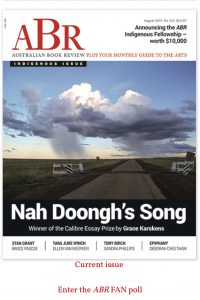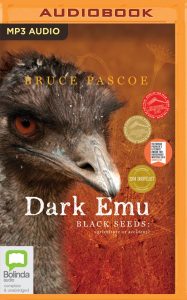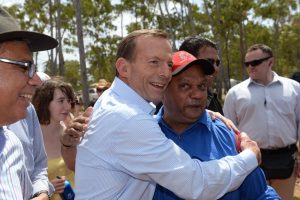 Dear reader, we pause in the thrilling exploits of the pcbycp staff stranded in Port Moresby, to give you this fragment of illuminating insights from our luminary of the near north, Mr Joe Sexton Blake. We are indebted to Joe for keeping us up to date on reading material. It pays to have a book in hand to protect oneself from the taint of ignorance. Lest some amongst us fall asleep on the Castlemaine train and are killed to protect public safety.
Dear reader, we pause in the thrilling exploits of the pcbycp staff stranded in Port Moresby, to give you this fragment of illuminating insights from our luminary of the near north, Mr Joe Sexton Blake. We are indebted to Joe for keeping us up to date on reading material. It pays to have a book in hand to protect oneself from the taint of ignorance. Lest some amongst us fall asleep on the Castlemaine train and are killed to protect public safety.
Back to you Joe, and (as an aside), when Joe chooses to travel to international destinations, (Shepparton, Euroa, and Seymour) he chooses the Albury line, to admire the gauge differential. It inspires him as a perpetual legacy to the small mindedness that makes our nation grate.
Australian Book Review, Indigenous Issue, August 2019, $12.95
Reviewed by Joe Blake
After 58 years and 412 monthly iterations, the ABR has finally produced an indigenous issue. It’s very welcome, especially because they plan to have one every year from now on. Not all articles are about indigenous books and arts, but the majority of the reviews, articles, poems and essays are; it’s a great read. One strong feature is that indigenous books are reviewed by indigenous writers; that doesn’t happen often in other, more commercially-focussed publications. I’m not suggesting the writing is below par to satisfy a politically-correct ethos; to the contrary, it’s uniformly brilliant.
This issue is a salute to the extraordinary blossoming of indigenous literary talent over the past few years, with articles by and about stars like Bruce Pascoe, Tara June Winch, Tony Birch, Stan Grant and Rachel Bin Salleh, publisher at Magabala Books, the groundbreaking indigenous press that has been pumping out high-quality stuff for nearly 40 years now. It doesn’t stop at the printed word, though; Deborah Cheetham writes of the epiphany that revealed to her 14-year-old self the world of opera that she later came to dominate.
One of the beauties of a magazine like this is that you can dip into a few different worlds in a couple of hours’ reading. There are scholarly articles alongside poems, personal reminiscences and Q&A interviews; books reviewed range from memoirs to novels to reflections on the state of our country’s soul. A very pertinent quote from one book sums up this country in a nutshell: “white Australia can’t solve black problems because white Australia is the problem.” 
One of the most interesting articles tells the story of Nah Doongh, who lived in the Penrith area of NSW for most of the 19th century. That means she was born not long after invasion, and survived the depredations of white colonialism to a very ripe old age. The author cleverly intertwines the fragments of writings about her that still exist with a historian’s interpretations of what probably actually happened. We learn that those who recorded information of indigenous people usually put their own slant on what they were told; there was always an unconscious bias that distorted the real story. (Maybe Andrew Bolt had a great grandparent?)
As well as all the writing by and about Indigenous issues, a number of other books are reviewed, because ABR aims to look at everything worthwhile that’s been recently put out; it’s always a wonderful read. This issue announces the establishment of two fellowships, each worth $10,000: an Indigenous Fellowship and the Behrouz Boochani Fellowship. The recipients will each, in the next year, contribute three substantial articles to the magazine. It’s a leg up for people who don’t often get a chance to write about the areas close to their hearts, so it’s very welcome.

A very pertinent quote from one book sums up this country in a nutshell: “white Australia can’t solve black problems because white Australia is the problem.”
You probably think that someone like me would be bound to like this magazine: a reviewer lauding others of the same ilk. I like to think it’s not that; anyone interested in issues, books, culture, ideas – life, in other words – will always be stimulated by ABR. If you can, get hold of a copy and read it cover to cover. Better still, subscribe.
